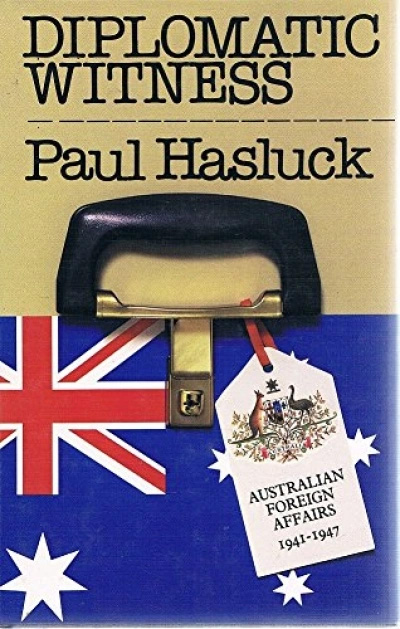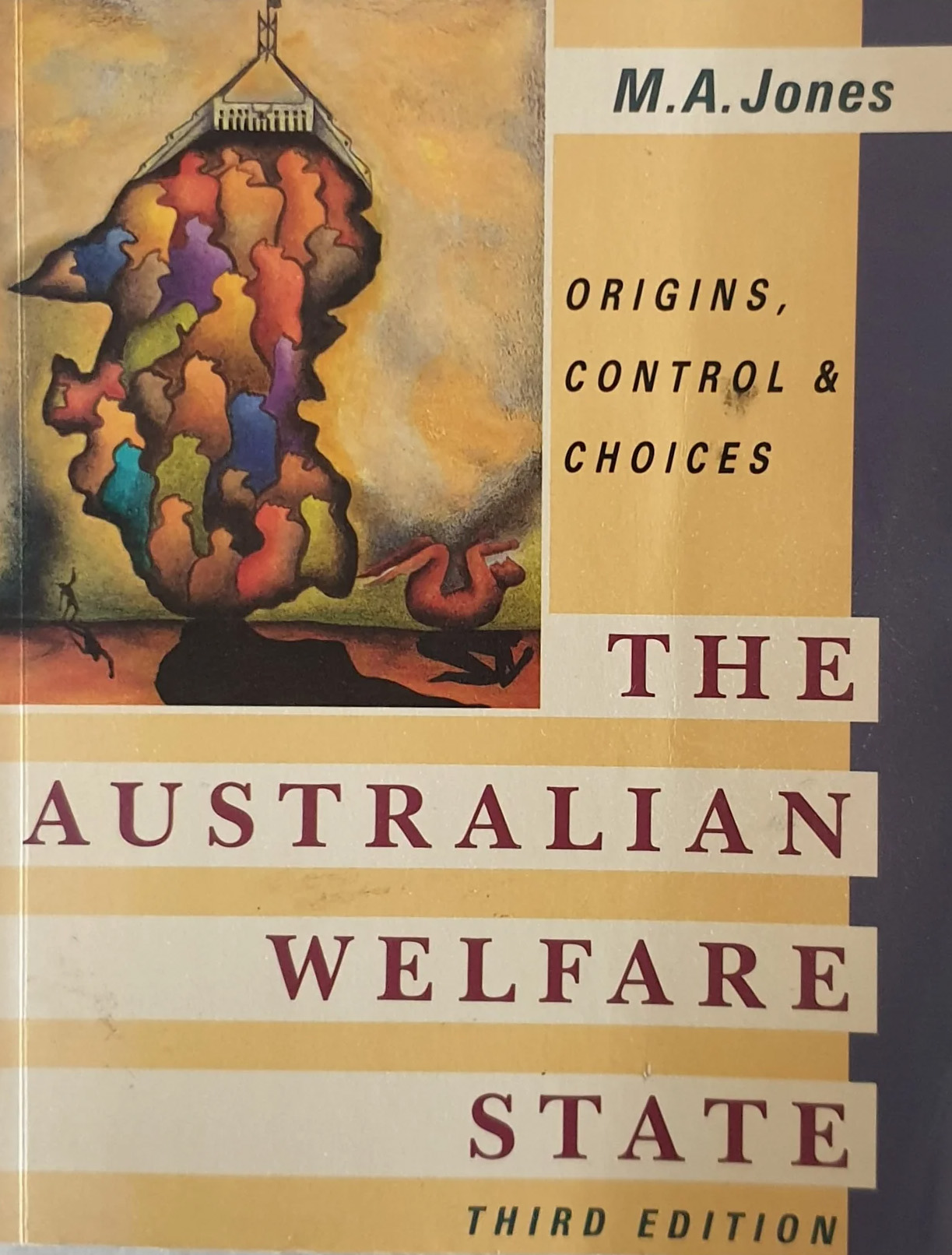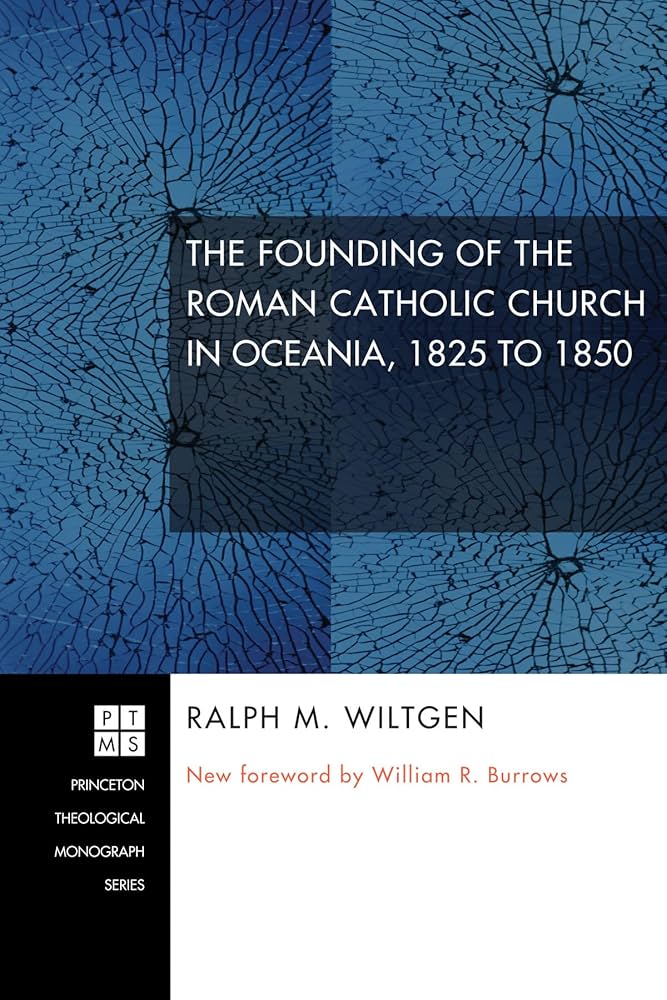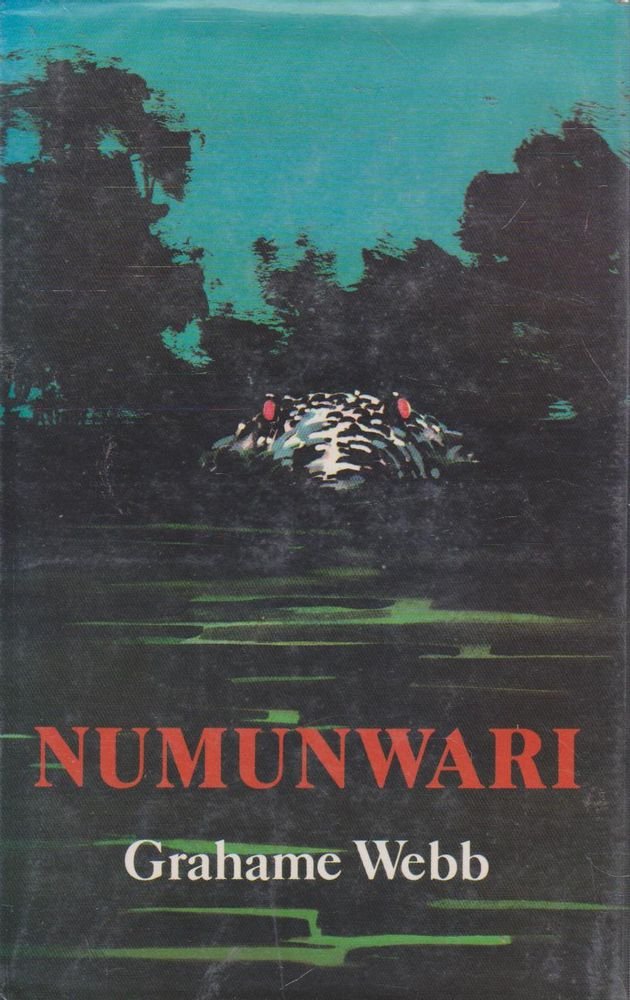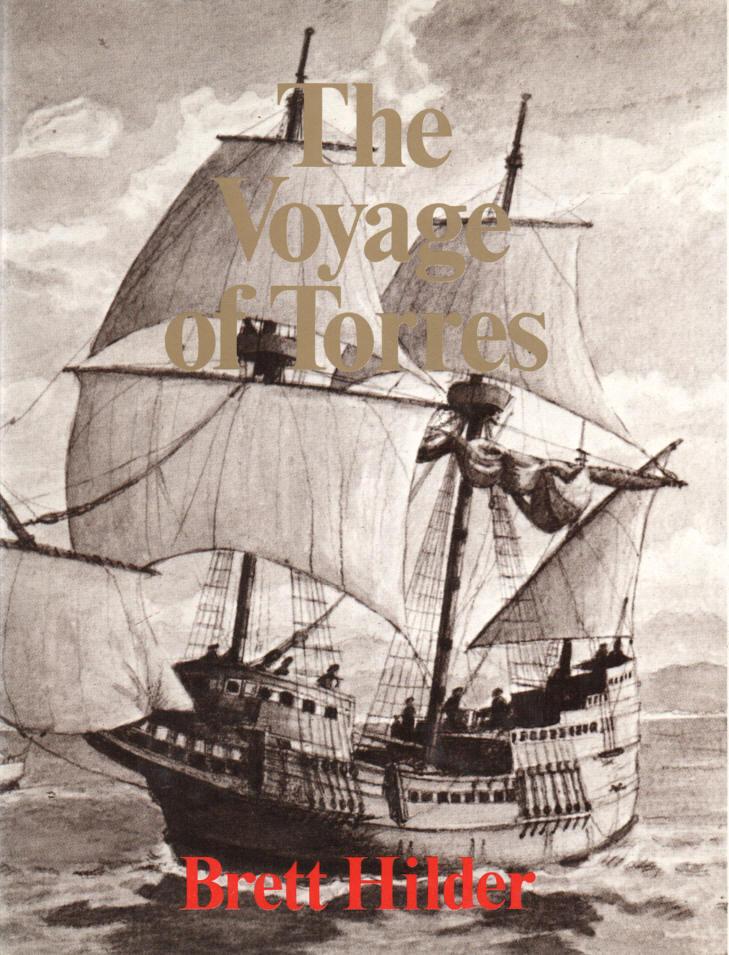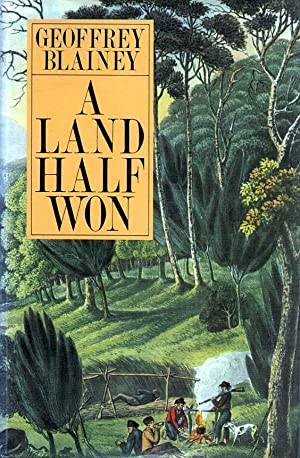Non Fiction
Diplomatic Witness: Australian Foreign Affairs 1941-1947 by Paul Hasluck
Sir Paul Hasluck writes this book, so he says, as a witness, seeking no higher appreciation than Montaigne’s remark that it reflects the ‘author’s sincerity “free from vanity when speaking of himself and from partiality and envy when speaking of others” ’. However, Hasluck is not so much witness as judge, and hanging judge at that. If the book is free from envy, the absence seems due to his certainty about his own opinions and place. If there is no partiality, there is at least a tendency to make assessments of attitudes and strategies on the unstated criterion of whether they conform to Hasluckian models.
... (read more)Formula For Survival: The saga of the Ballarat Hebrew Congregation by Newman Rosenthal
Nathan Spielvogel, a highly regarded Ballarat historian and schoolmaster, in 1928 presented the Annals of the Ballarat Hebrew Congregation to the executive committee. He told how he had discovered, in a corner of the schoolroom adjacent to the synagogue, an old iron box full of letters and papers, tied and labelled. They were dated from 1855 to 1877 and covered the first twenty-two years of Jewish communal life in Ballarat. Papers from 1878 to 1892 were destroyed great number) were prevented from remaining on the missions, where in most cases, they had spent their whole life. The Act set in motion a general breakdown in the family structures, which, for so long, had created a rich and culturally satisfying life for Aborigines on the missions. by fire at the secretary’s residence, but from then on records were preserved, unfortunately without the correspondence that made Spielvogel's annals so human and vivid. Newman Rosenthal, from these sources, has written a history of considerable importance. It increases the small literature on the history of Jewish communities in Australia and reveals that Ballarat owes a great debt of gratitude to civic minded Jews from Eastern Europe and the British Isles for their forthright support in founding institutions and building civic pride.
... (read more)The most glorious moment in a lifetime of eating – three times a day, seven days a week, going on for forty-two years – was one night at the famed Two Faces restaurant, in trendy South Yarra. It was my first and so far only visit to that august chophouse. I was filled with trepidation and awe. Actually, I was practically quaking. The Two Faces, you understand, costs an arm and a leg, but never mind that, this was a wedding anniversary, or my wife's birthday, or some similarly daunting occasion, and I was going for broke.
... (read more)One of the remarkable things about Melbourne is that until recently it had virtually no definable literature of its own at all. There are a few exceptions, of course. Henry Handel Richardson wrote about us, notably in The Getting of Wisdom; Henry Lawson described our appalling working conditions at the turn of the century in the Arvie Aspenall stories, and more recently Alan Marshall, Judah Waten and Frank Hardy, to name only those, have centred novels and stories in Melbourne. But I think it is fair to say that the Melbourne they wrote about would be largely unrecognizable to most of its citizens today, certainly to most of its younger citizens.
... (read more)During his lifetime, Alan Marshall enoyed one of the finest rewards that any country can give to a writer – he knew that his writing had been taken into the hearts of the Australian people. More than four million copies of his books had been sold, and he had been translated into more than forty languages. He had received national, academic and international honours, and had given unstintingly of his time to further the interests of the handicapped and to promote peace and friendship between peoples. Yet he remained a man of the people, able to establish warm relationships with all he met, even those separated from him by the barrier of language, and proud that his stories appealed to readers from all ages and all parts of society.
... (read more)Welfare in Australia has never been studied as comprehensively as one might have expected, given its political and economic importance. This book is the first major overall study of the welfare system since the work of T.H. Kewley.
... (read more)The Founding of the Roman Catholic Church in Oceania 1825 to 1850 by Ralph M. Wiltgen
Ralph Wiltgen’s history of the founding of the Roman Catholic church in Oceania stands within a definite tradition: the recording by members of the various Christian denominations of the activities and personalities involved in their proselytisation of the heathen inhabitants of the Pacific islands. Works of the earlier century sought to eulogise the missionaries and encourage the faithful back home to continued support. Wiltgen’s approach shows the influence of far more sophisticated attitudes and scholarship. He has consulted dispersed and complex archival sources written in several languages, he has pieced together his intricate and detailed narrative in painstaking fashion, to describe the growth of Roman Catholic missionary activity in the Pacific from its commencement in Hawaii in 1825, to the existence of an arch-diocese, eight dioceses and eight vicariates apostolic in 1850. Pride in this achievement underlies his writing but does not lead into rationalisation or polemic.
... (read more)It is a shame that animals have recently become infamous in books and film. For some reason, predators of man possess a morbid fascination, whether they are calculating killers or mindless machines of instinct. Culpable or not, the giant saltwater crocodile Numunwari is an enemy of the people in precisely the same fashion as the giant shark in Benchley’s Jaws.
... (read more)Fifty years ago the sagas of maritime discovery were the monopoly of the historians; but today they have been taken over by the geographers, and especially by the practical geographers who themselves go down to the sea in ships. Australia is fortunate that its two major interpreters of the voyage of Torres – first Captain Francis Bayldon and now Captain Brett Hilder – are, or were, both blue-water navigators, with special experience of the waters that Torres crossed. Captain Hilder’s The Voyage of Torres is strictly the account of a voyage, and that voyage is analysed with consummate professional skill. The documents of Torres and Prado sufficiently supply the materials, but they are not materials which could be interpreted by an armchair theorist equipped with a school atlas. The guess-work distances sailed, the errors in the primitive observation of latitude, the absence of longitude, the crudeness of early cartography, the loss of some of the records – all of these produce conundrums which only an expert can solve. Earlier analysts, working over the same material, have come to different conclusions; but Captain Hilder’s comprehensive, scientific and authoritative analysis renders obsolete the conjectures of his predecessors, and settles for all time the details of the course sailed.
... (read more)Whatever would we do without Geoffrey Blainey? If he did not exist it would certainly be desirable to invent him. Of all our historians perhaps only Manning Clark reaches such a wide audience: but while Clark's epic history is pitched at a prophetic level, Blainey’s various works are, literally, much more down-to-earth affairs. Yet they are full of ideas, new insights and questionings of old orthodoxies.
... (read more)

